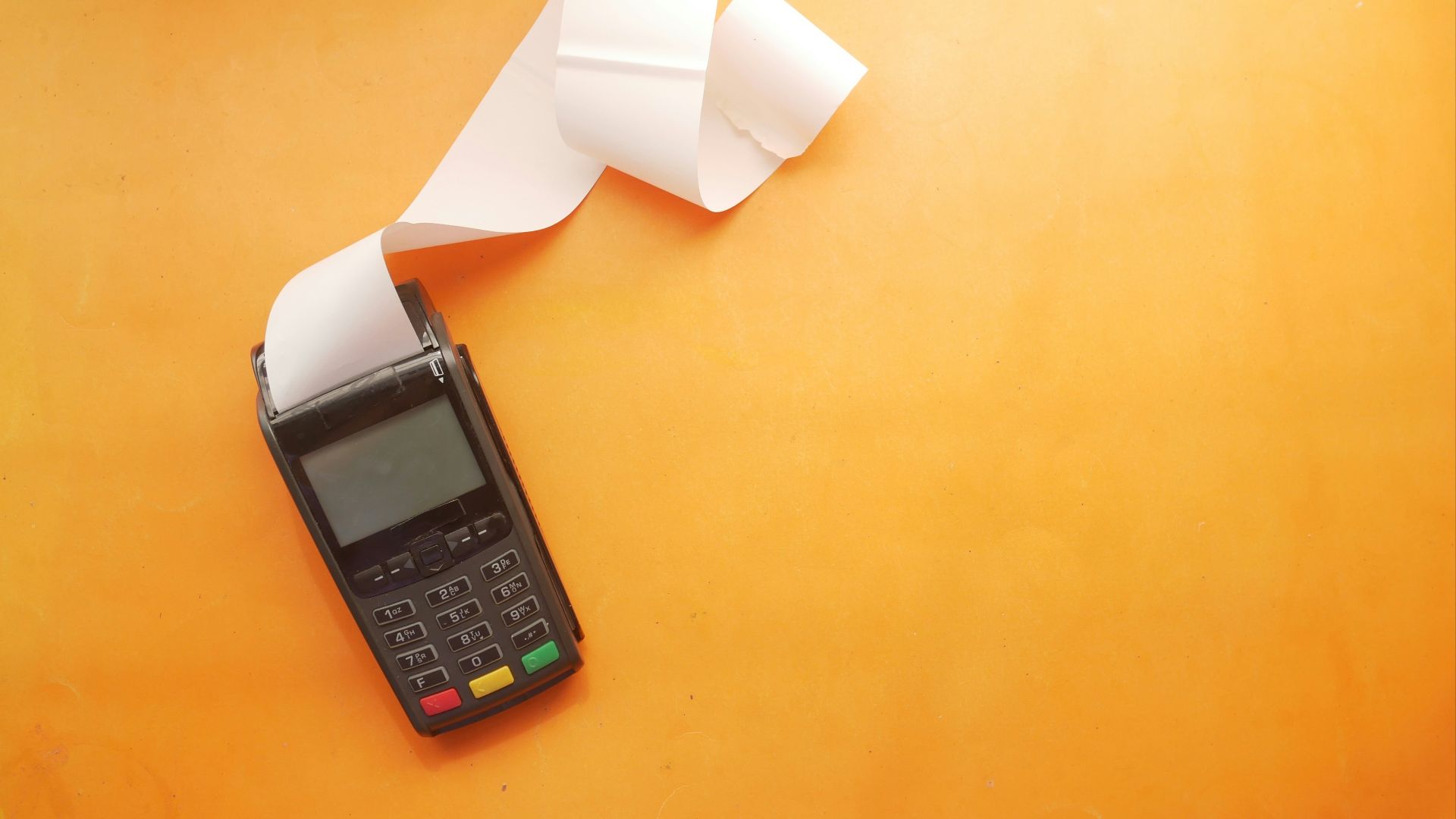Time To Save
If you love shopping or have trouble with impulse buying, it's time to seriously look at creating a budget plan. That's because if you're looking to save for a home or go on your dream trip, it's going to take active effort on your part! Here are five tips you can follow so you can improve and build a plan that's manageable.
1. Be Realistic
While it's important to be strict, it's more crucial that you're realistic and understand that unexpected costs might come up while you're trying to create your budget plan. From broken house appliances to your car breaking down, make sure you include these potential costs so that you're truly prepared for anything that comes your way.
2. Keep Track Of Your Spending
Just because you have a budget plan in the back of your mind isn't enough to prevent you from making mistakes; you should be consistently tracking your spending so that you're up to date with where you're at and so you can identify any poor habits right away.
3. Establish An Emergency Fund
It's always a good idea to set an emergency fund in case life decides to throw obstacles your way. An emergency fund is a set amount of money that you'll never touch unless you need to; it should help cover your living expenses should you ever lose your job, have a large unexpected sum to pay, and so on.
 micheile henderson on Unsplash
micheile henderson on Unsplash
4. Set Realistic Goals
Think carefully about your salary and your budget goals - do they make sense? It's good to be strict so you save money, but don't be so hard on yourself that you can't buy a doughnut just because you feel like it. Make sure you set realistic goals that are comfortable for you to hit.
5. Keep All Your Receipts And Bills
To help with all your tracking and to help remember that money has value and isn't just a number, try keeping all your receipts and bills nicely organized so you can always refer back to your spending. It's a simple and easy way to keep yourself accountable for what you buy.












